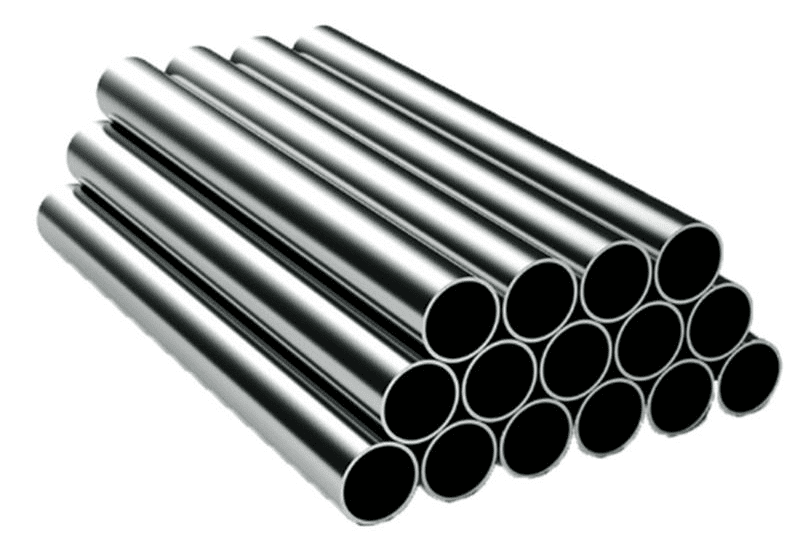
Nickel Alloy 200 tubing is a corrosion-resistant metal tubing made of nickel and copper. The nickel content in this alloy gives it excellent resistance to corrosion caused by various acids and salts. Additionally, its low carbon content makes it immune to sensitization and intergranular corrosion. It is known for its exceptional resistance to different corrosive environments, making it a popular choice in chemical, food, and marine engineering industries. Continue reading “5 Reasons to Try Nickel Alloy 200 Tubing”




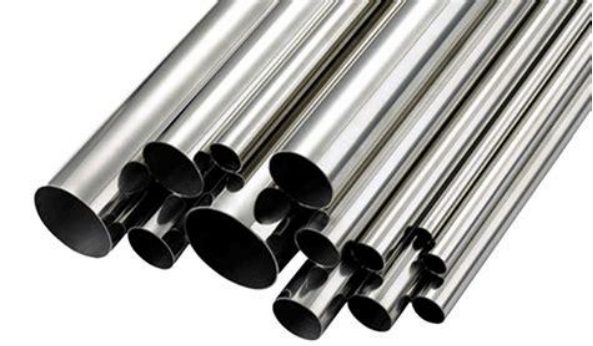
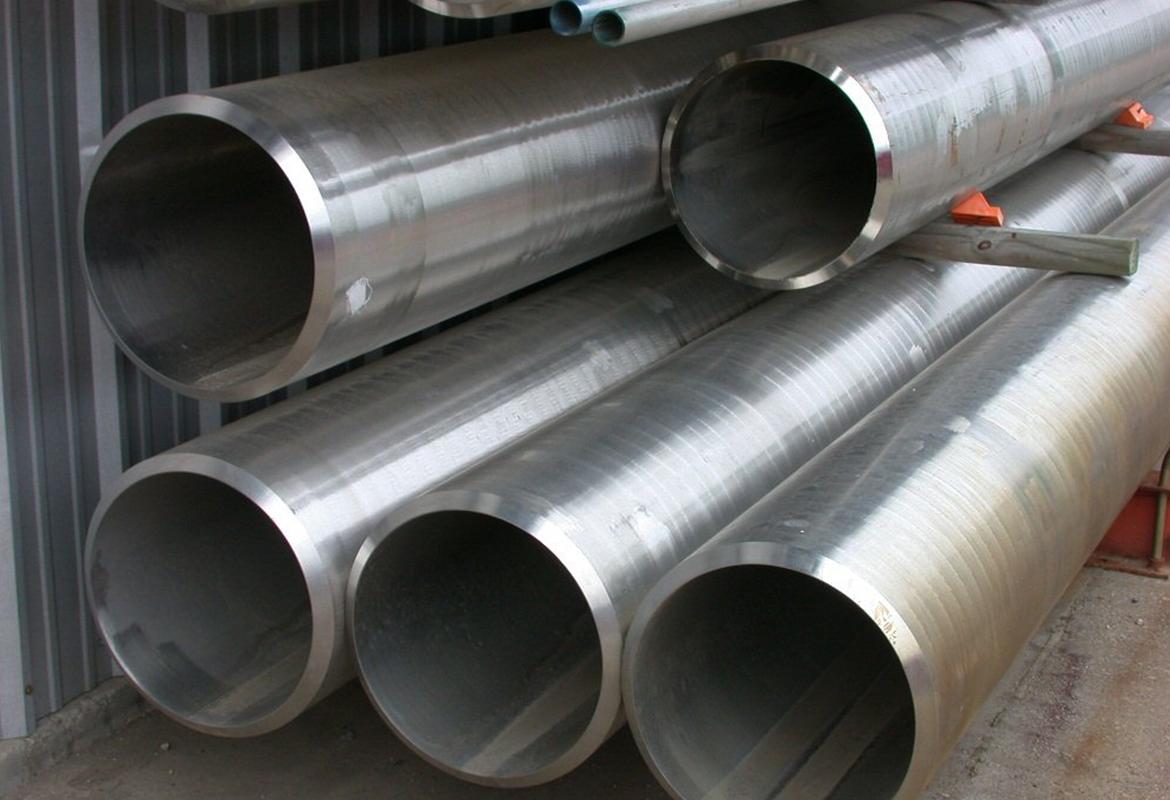
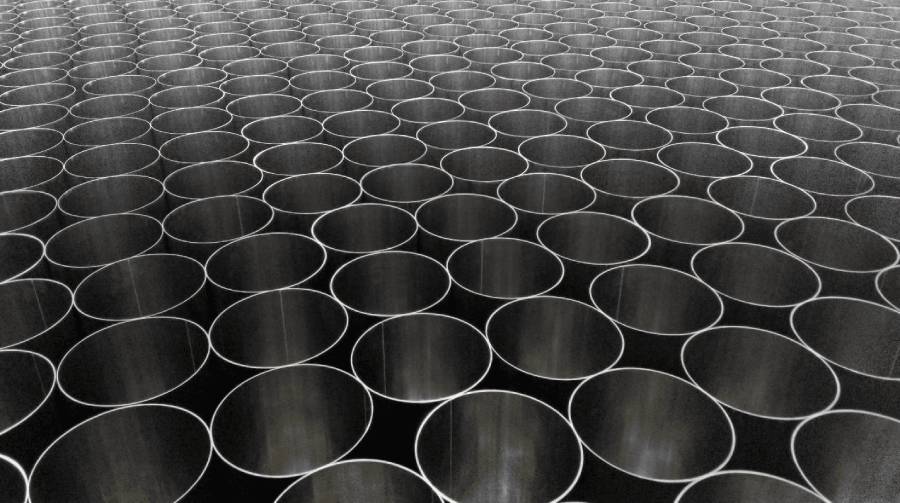
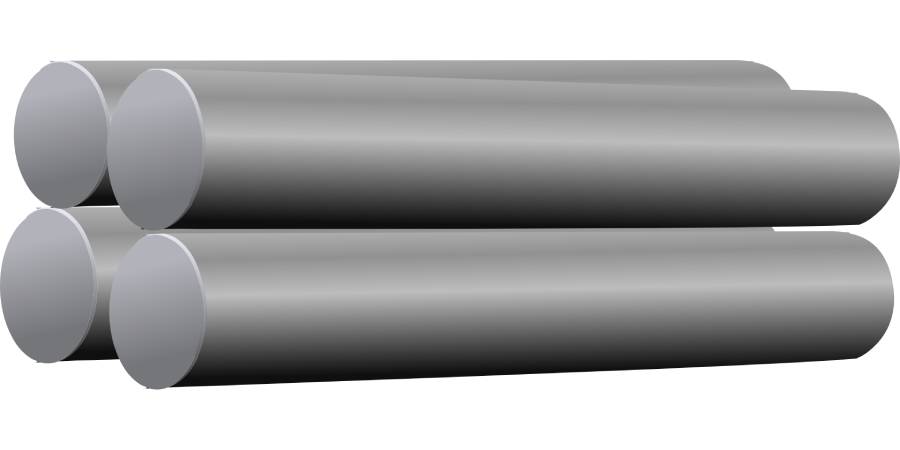
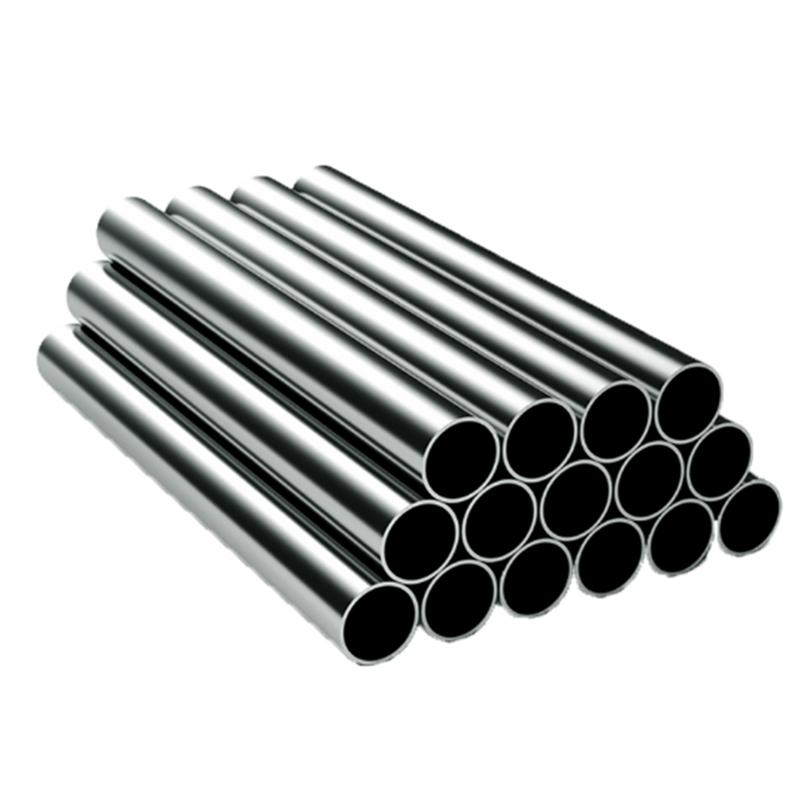 Austenitic stainless steel, or alloy 321, is a family of alloys renowned for their ductility, mechanical attributes, and corrosion resistance. Titanium stabilizes type 321 stainless steel, making it resistant to chromium carbide precipitation at temperatures above 800° F.
Austenitic stainless steel, or alloy 321, is a family of alloys renowned for their ductility, mechanical attributes, and corrosion resistance. Titanium stabilizes type 321 stainless steel, making it resistant to chromium carbide precipitation at temperatures above 800° F. 


